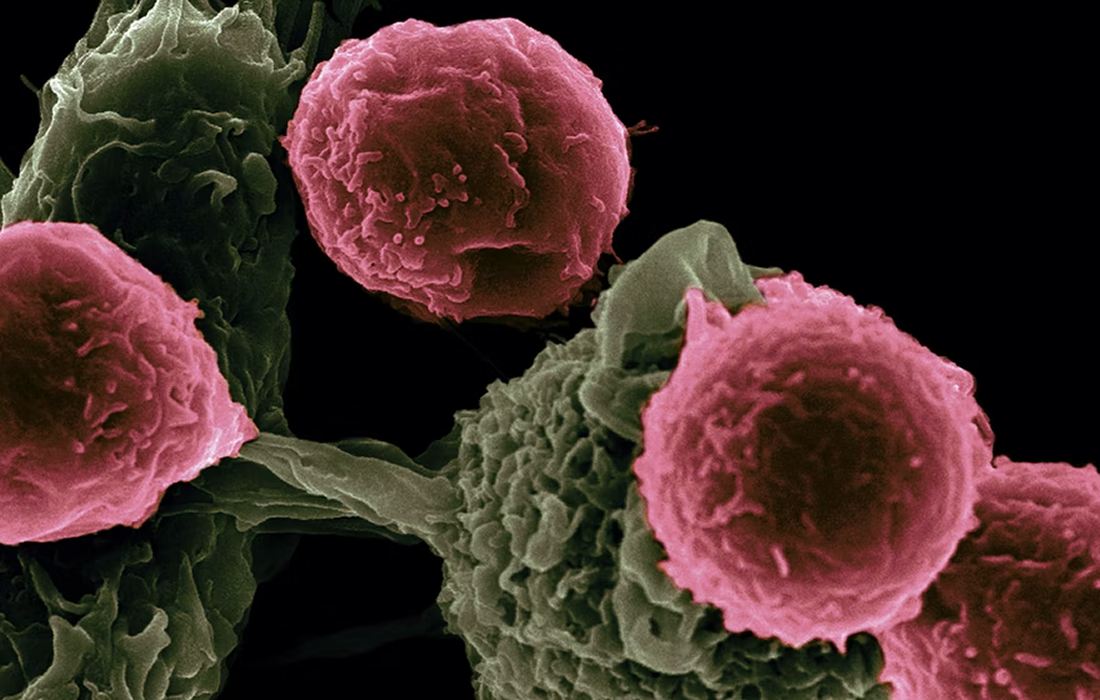Regenerative Medicine News and General Information
Researchers Have Discovered a Protein that Drives the Growth and Spread of Prostate Cancer
Prostate cancer ranks as the second most frequently diagnosed malignancy in men worldwide and is expected to surpass even lung cancer incidence levels within the next decade.
While patients with localized or regional diseases have an excellent prognosis, metastatic PCa remains largely incurable. Therefore, therapeutic strategies must be tailored to the individual risk of the patient to avoid overtreatment of low-risk tumors while ensuring rapid and decisive intervention in high-risk cases.
In a recently published study, researchers from the Medical University of Vienna in Austria have discovered specific changes in a protein that drives the growth and spread of prostate cancer. The study results appear in the journal Molecular Cancer.
New Study Results
The researchers investigated the role of the protein KMT2C in prostate cancer, which is a genetic component that essentially functions as a regulator of central cellular processes. If the protein loses this regulatory ability due to cancer-related mutations, it encourages the proliferation of the cancer gene MYC, increasing the rate of cell division, which can drive the spread of cancer cells.
This mutation in the protein KMT2C can be measured via a blood test, allowing early diagnosis of potentially aggressive progression in prostate cancers. Also, MYC inhibitors could be used to prevent increased cell division and metastasis.
Sources:
Tanja Limberger, et al. KMT2C methyltransferase domain regulated INK4A expression suppresses prostate cancer metastasis. Molecular Cancer, 2022; 21 (1) DOI: 10.1186/s12943-022-01542-8.
Medical University of Vienna. “Cause of metastasis in prostate cancer discovered: MedUni Vienna study generates new momentum for diagnosis and treatment.” ScienceDaily. ScienceDaily, 4 April 2022. <www.sciencedaily.com/releases/2022/04/220404105723.htm>.
Image from:
Photo by National Cancer Institute on Unsplash

